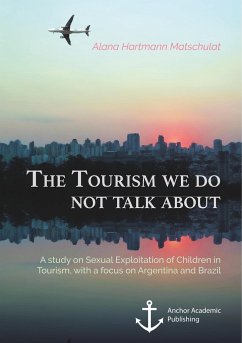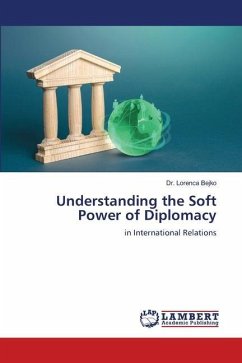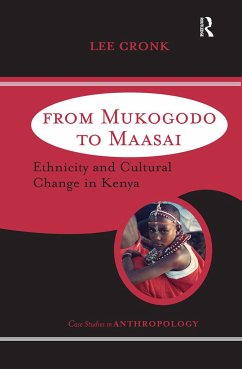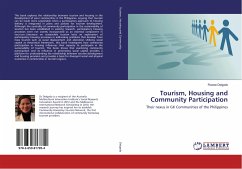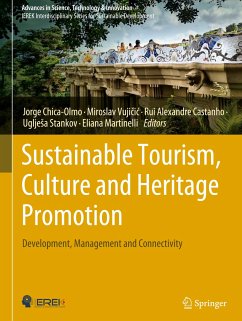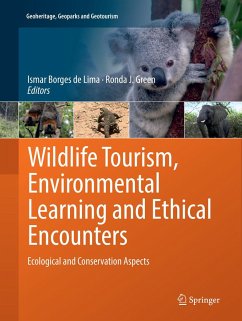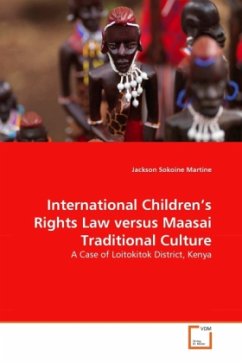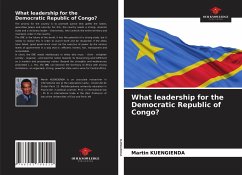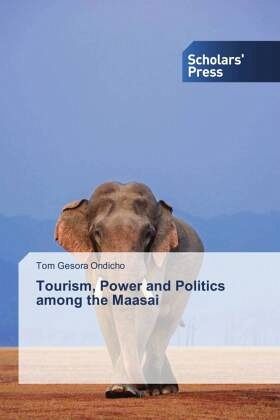
Tourism, Power and Politics among the Maasai
Versandkostenfrei!
Versandfertig in 6-10 Tagen
69,99 €
inkl. MwSt.

PAYBACK Punkte
35 °P sammeln!
The Maasai of Kenya and Tanzania are internationally renowned for their distinctive cultural traditions, co-existence with animals, refusing change, and sticking to their transhumance-pastoral lifestyles. However, recently they have started to invest in tourism and assume an entrepreneurial role. Whilst tourism has created new opportunities for the Maasai, their involvement with tourism has had significant effects on their socio-economic and political fabric.This book analyses the complex and dynamic power and political inter-relationships arising from Maasai involvement in tourism development...
The Maasai of Kenya and Tanzania are internationally renowned for their distinctive cultural traditions, co-existence with animals, refusing change, and sticking to their transhumance-pastoral lifestyles. However, recently they have started to invest in tourism and assume an entrepreneurial role. Whilst tourism has created new opportunities for the Maasai, their involvement with tourism has had significant effects on their socio-economic and political fabric.This book analyses the complex and dynamic power and political inter-relationships arising from Maasai involvement in tourism development. Based on ethnographic research, the book examines the twin questions of how and on what terms are the Maasai involved in tourism, the nature of their engagement with external tour operators, the initiatives they have undertaken to gain closer local control over tourism, and the opportunities and constraints associated with this development process.The book is a welcome addition to the anthropological literature on tourism and will interest readers from a range of social science disciplines and serve as 'must consult' reference material for scholars, students and development planners.



